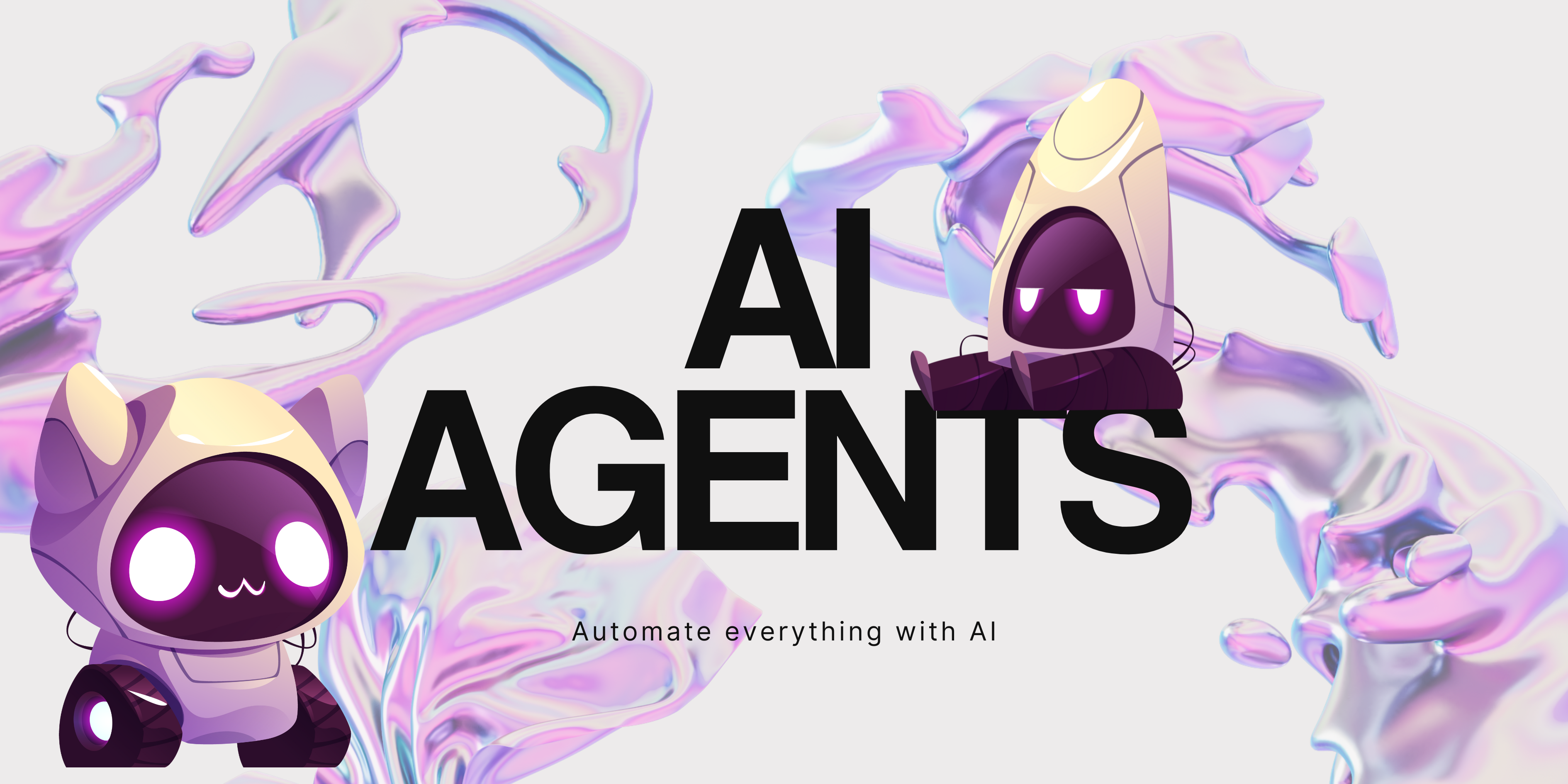Leverage intelligent AI agents that can reason, learn, and act autonomously — streamlining complex tasks with precision and adaptability.

Advanced AI agents represent a new generation of artificial intelligence systems designed to operate autonomously, make decisions, and adapt dynamically to their environments. These agents go beyond simple rule-based automation by leveraging machine learning, natural language processing, and reinforcement learning to perform complex tasks with minimal human intervention.
They are used in a wide range of applications, from autonomous vehicles and robotics to financial trading systems, intelligent virtual assistants, and scientific research.
Advanced AI agents are characterized by their ability to perceive, reason, learn, and act in real time. Unlike traditional programs, these agents can evolve their behavior based on experience and data.
The future of advanced AI agents lies in fully integrated, context-aware systems capable of long-term planning, ethical reasoning, and complex task execution across domains. These agents will increasingly collaborate with humans to solve global challenges in healthcare, climate, logistics, education, and beyond.
They are expected to power intelligent systems that can act as co-pilots, research assistants, advisors, and even companions.
Advanced AI agents offer transformative advantages by enhancing productivity, precision, and scalability across industries.
Developing and deploying advanced AI agents comes with technical, ethical, and regulatory challenges. Ensuring transparency in decision-making, maintaining data privacy, and avoiding unintended consequences are crucial concerns.
However, these challenges also open doors to innovation in areas like explainable AI, safety protocols, and human-AI collaboration frameworks. Organizations that embrace responsible AI development will lead the way in building trustworthy agent systems.
Advanced AI agents are reshaping the way we interact with technology. Their ability to act intelligently, autonomously, and contextually positions them as critical components of future digital systems. As these agents continue to evolve, they will unlock new possibilities across science, business, and society.
By investing in secure, ethical, and robust AI agent development, we can build a future where machines enhance human potential and tackle complex problems at scale.